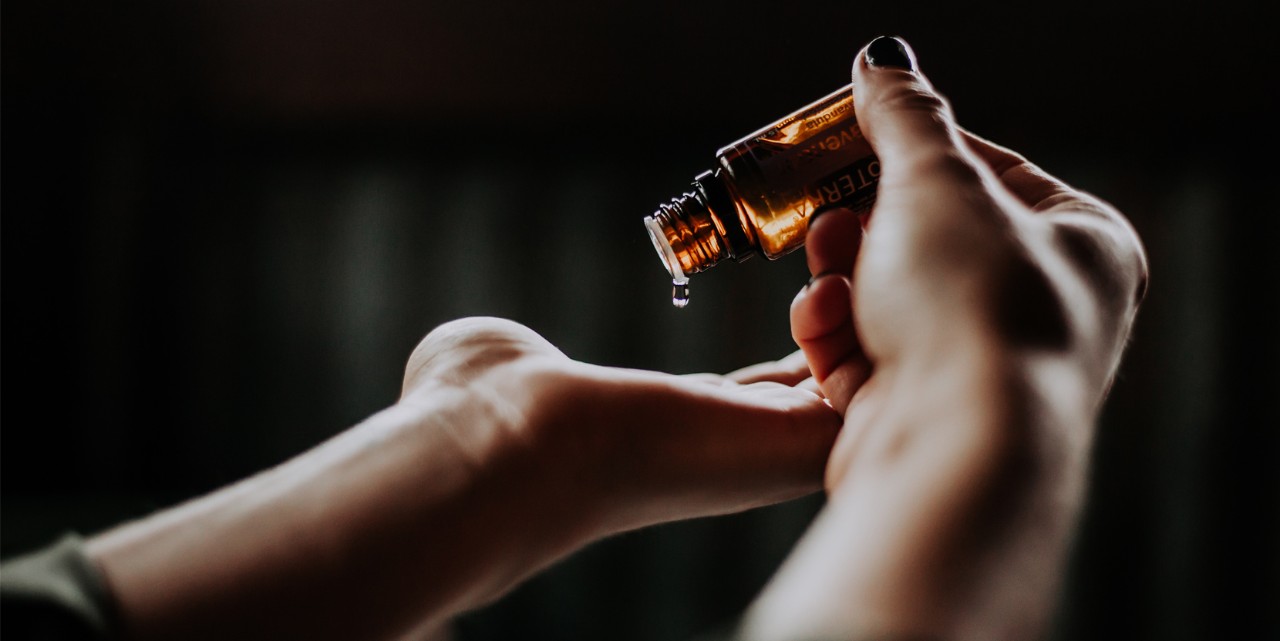Sleeping well during pregnancy
As your stomach grows during pregnancy, you’ll find it harder to sleep. Here are some tips for a better night’s sleep.

As your pregnancy progresses, you’ll find it increasingly difficult to sleep. Stomach sleepers have long since given up their favorite position at this stage of pregnancy, and back sleepers no longer feel comfortable either. Hardly any pregnant woman is spared sleep problems.
Tips for quieter nights
- If you can’t get comfortable, a breastfeeding pillow may help. When you sleep on your side the pillow can help support your stomach, which is especially helpful in the last few months of pregnancy. By then, your stomach will be so big that you can only sleep on your side. It is said that sleeping on your back can cause vena cava syndrome. The superior vena cava vein runs down your back. Lying on your back, the weight of the baby can press down on this vein so that the blood circulation is affected. This can cause dizziness.
- Nocturnal calf cramps also often rob you of sleep. In this case, magnesium tablets can help after consultation with your midwife or doctor. Or you can drink mineral water that contains at least 50 to 100 mg of magnesium per litre.
- Blocked nose: blood circulation through your nasal mucous membranes is very strong during pregnancy, and the membranes can swell up. Sea salt nasal sprays or nasal irrigation can help soothe the nasal mucous membranes.
- Urinary urgency: The bigger the baby bump, the more pressure it puts on the bladder - even at night. The result: an increased urge to urinate. There’s not much you can do about this, except reduce the amount you drink before going to bed.
- Heartburn: If you have heartburn while pregnant, you can alleviate the symptoms by eating only small, light meals in the evening and not eating just before you go to bed. Raise the bed at the head end so the stomach acid can’t reach your oesophagus so easily. Sometimes dry bread, rusks, a sip of milk or herbal tea (not peppermint) may help.



